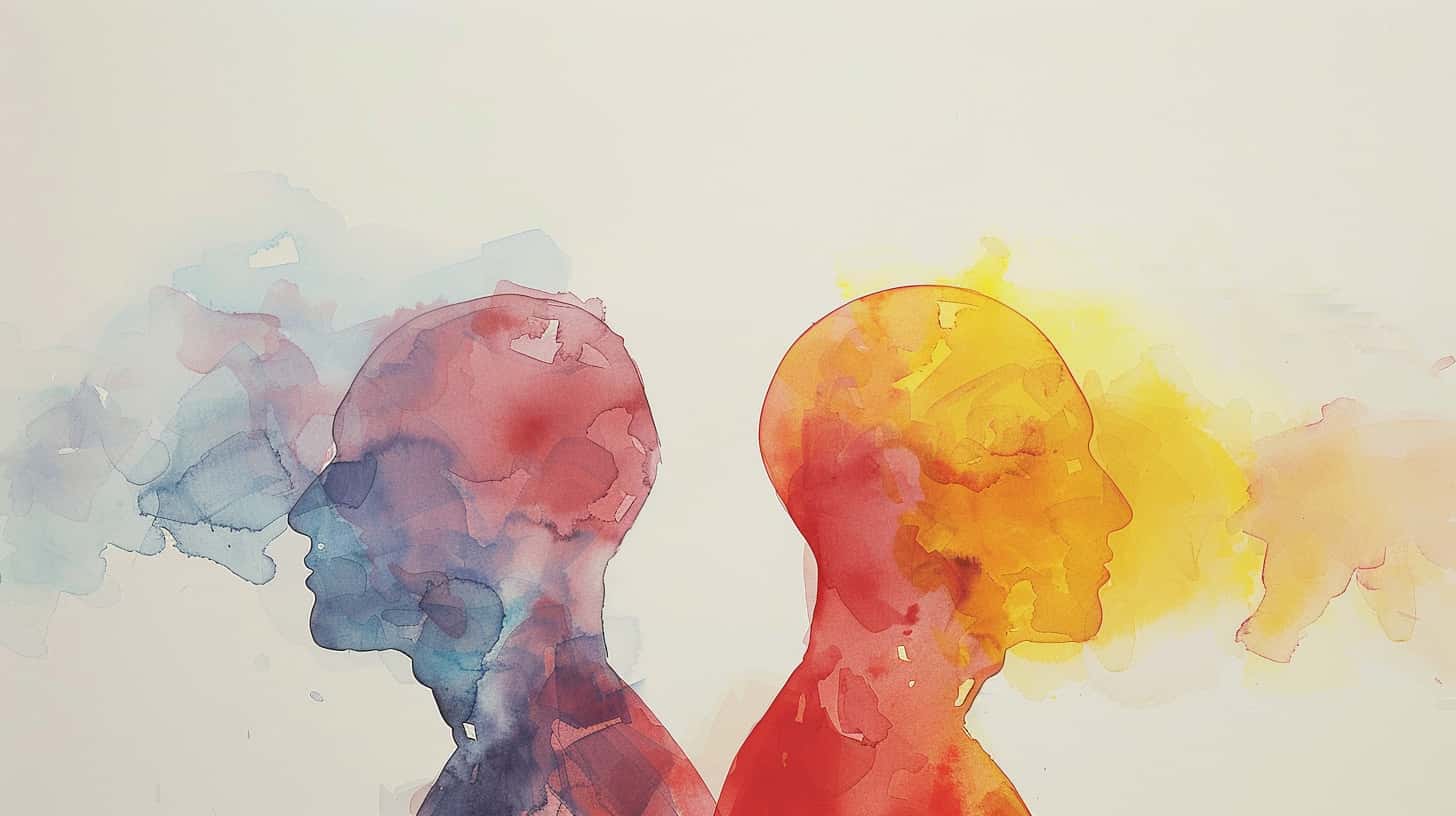What Does It Mean to Have a Dual Diagnosis?
The standard terms for addiction are varied. And many of them are less than helpful, especially when trying to understand dual diagnosis in addiction treatment. Here are a few: Addict, drug abuser, user, junkie, hooked on drugs, druggie … you get it.
But the reality is the best term for a person with an addiction is someone with a substance use disorder. It is a mental health and brain disease before it is anything else.
Yes, drug use is a mental health issue.
There is more to it, but you must first “name the beast” correctly to treat it.
Why does that matter?
Now, with that in mind, when you have one mental health diagnosis (such as substance use disorder or drug addiction), and you add another one (such as bipolar, clinical depression, or general anxiety disorder), you have a dual diagnosis.
When this is the case, when you have two or more mental health diagnoses, your approach to addiction treatment must be in alignment. This reality must inform it, and the method must be created with specific practices that effectively deal with dual diagnosis.

How Common Is Dual Diagnosis?
You might wonder, “How many people are dealing with this double whammy?” A lot. Studies have revealed that over half the people with a substance use disorder (SUD) have a second mental health disorder.
If you or someone you know are in this boat … know it is a very big boat.
But Why?
There is a distinct relationship between other mental health disorders and addiction. That said, not everyone with a personality disorder will become addicted to drugs. Not everyone with depression is an alcoholic. However, as we said before, a large amount of people with SUD do have a second diagnosis. There is clearly a connection.
Self-Medication
Alcohol helps people calm their nerves. Or so it seems. Drugs make people happy. Or so it seems. It’s easy to see why someone with anxiety, depression, or any other disorder that causes pain or chaos in their lives would find temporary solace in drugs or alcohol.
At its most basic level, self-medication is when someone uses drugs, alcohol, or other substances to manage or relieve symptoms of a mental health issue. This often leads to dependence and addiction.
Make Matters Worse
Another tie that binds a dual diagnosis together is the falsehood of self-medication. What begins as something someone does to feel better makes everything worse. The changes in your brain create physical dependencies, making you become “dependent” on the substance. Your body begins to scream out for the drug or alcohol.
And worse yet, most substances make mental health issues worse.
It’s a vicious cycle: mental health issues can lead to substance use, and substance use can worsen mental health issues.
Common Root Causes
Then there is the environmental aspect. There might be common underlying factors that contribute to both mental health disorders and substance use disorders. This could be a genetic predisposition. Or sadly, trauma could start a person down a road that includes various mental health diagnoses, including SUD.
Losing the Shame at a Dual Diagnosis Treatment Center in Arkansas
Understanding all of this, all the connections and the wide web of dual diagnosis should further help us realize that SUD is not simply a result of weakness. Or a moral failure. A lack of willpower or an “addictive personality” is too often the easy scapegoat.
But the reality is there is a complex interaction between nature and the environment that contributes to addiction, even more so with a dual diagnosis.
And the Stigma …
Many people feel ashamed or embarrassed to seek help because they believe they should be able to “handle” their problems on their own or others have told them this.
By understanding that dual diagnosis is common and rooted in biological and environmental factors, we can break down these barriers and encourage more people to seek treatment.
Why Is It Important to Treat Dual Diagnosis at the Same Time?
Imagine trying to fix a leaky roof while ignoring the flooding basement. It doesn’t make much sense. Treating just the substance use without addressing the mental health disorder (or vice versa) is a bit like that. Let’s look at two solid examples:
- Depression and Alcohol Use Disorder: If someone is battling depression and also struggling with alcohol use, treating only the alcohol problem might leave the underlying depression unaddressed. This untreated depression can lead them right back to alcohol as a coping mechanism.
- Anxiety and Cocaine Use Disorder: Similarly, if someone has anxiety and a cocaine use disorder, and we only treat the cocaine addiction, the persistent anxiety might drive them back to drug use to self-medicate.
Effective Treatments for Dual Diagnosis
Treating dual diagnosis is no small feat, but with the right approach, it’s entirely possible. Here are three examples of effective treatments:
- Integrated Treatment Programs: These programs combine mental health and addiction treatment into one comprehensive plan. Think of it as a one-stop-shop for healing, addressing both disorders simultaneously with a team of professionals who communicate and collaborate.
- Cognitive Behavioral Therapy (CBT): CBT is a powerhouse in the therapy world. It helps individuals recognize and change negative thought patterns and behaviors. For someone with a dual diagnosis, CBT can tackle both the mental health disorder and the substance use issues at the same time.
- Medication-Assisted Treatment (MAT): Sometimes, medication is necessary to help manage symptoms of mental health disorders or to reduce cravings and withdrawal symptoms associated with addiction. For example, antidepressants can be used for depression, while medications like methadone or buprenorphine can help with opioid addiction.
Getting Help from a Dual Diagnosis Treatment Center in Arkansas
Getting help for addiction is the first step people often have the most challenging time with. Add a layer of dual diagnosis, and you will get an even more difficult prospect. What is the answer? How about taking a tiny step? Talking to someone about it. Someone you trust and won’t immediately go on the attack.
What you need right now is someone to hear you. To listen to you. Take that small step.
If you need to get dual diagnosis treatment for addiction and another mental health issue, you can also call us at EagleCrest Recovery. We offer specific and unique treatment for people with a dual diagnosis. Please get in touch with us today for a free consultation with one of our addiction specialists: 844-439-7627.


